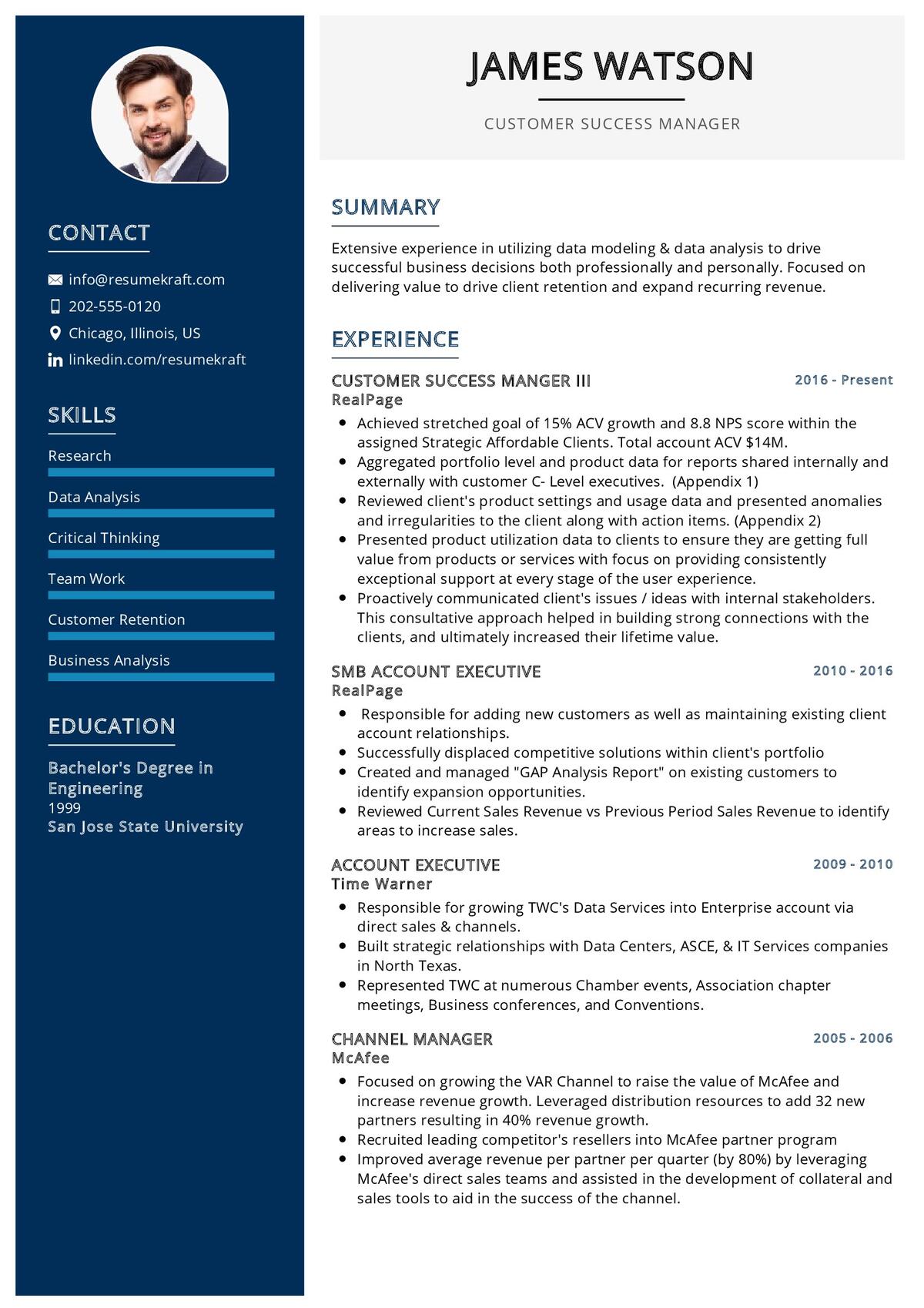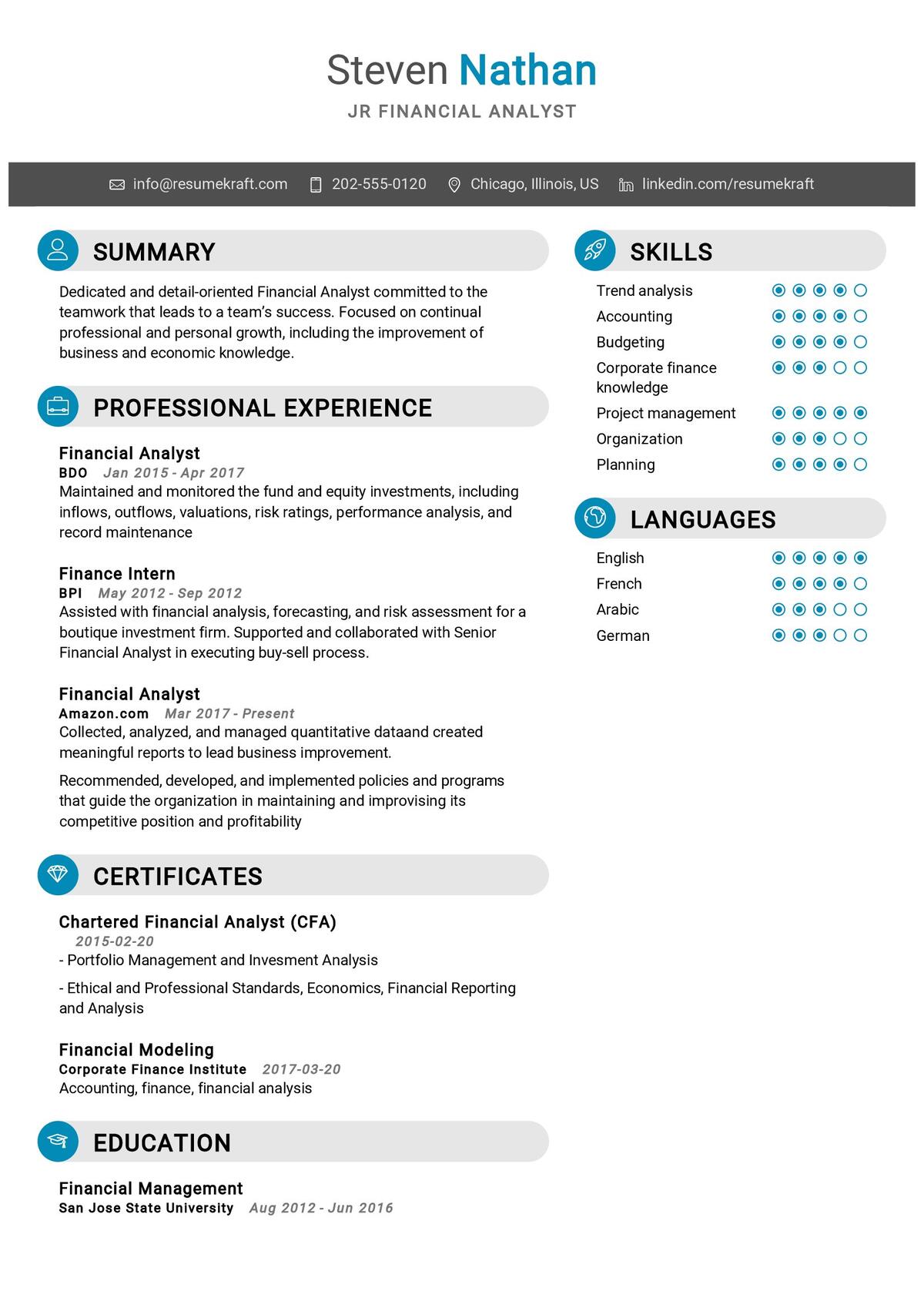
How to Succeed in Your New Job After a Promotion
You’ve been promoted! Congratulations. Whether you’re moving up within your current organization or taking on a new role in a new company, a promotion is an exciting time. But it can also be a bit daunting. Starting a new job is always a bit of a challenge, but starting a new job after a promotion comes with its own unique set of challenges. You may be feeling a mix of excitement and anxiety, and that’s normal.
Here are the five steps to help you hit the ground running in your new role.

The first step to success is setting the right goals.
There’s no one-size-fits-all answer to this question, as the right goals for you will vary depending on your unique situation. However, there are some general principles that can help you set effective goals.
Some things to keep in mind when setting goals include:
- Make sure your goals are specific, measurable, achievable, relevant, and time-bound (SMART).
- Make sure your goals are aligned with your values and overall life purpose.
- Make sure your goals challenge you without being too overwhelming.
- Write down your goals, and refer to them often to help keep yourself accountable.
- Share your goals with a trusted friend or family member to help keep yourself accountable and to get support.
Breaking these principles down, here are some specific tips for setting effective goals: –
Be specific: When setting a goal, be as specific as possible. Vague goals are much harder to achieve than specific ones. For example, rather than setting a goal to “eat healthier,” a more specific goal would be to “eat two servings of fruits and vegetables with every meal.”
Make it measurable: A goal is much more effective if you can measure your progress. For example, rather than setting a goal to “lose weight,” a more effective goal would be to “lose 10 pounds.”
Make it achievable: When setting a goal, make sure it is something that you can actually achieve. There’s no point in setting a goal that is impossible to reach.
Make it relevant: Make sure your goal is something that is actually relevant to your life. There’s no point in setting a goal that has no bearing on your life whatsoever.
Make it time-bound: Make sure your goal has a deadline. This will help you stay motivated and on track. For example, rather than setting a goal to “save money,” a more effective goal would be to “save $500 by the end of the year.”
The second step is to develop a good work ethic.
The second step to developing a good work ethic is to be punctual and organized in your work. Plan ahead and make a schedule to ensure that you are able to complete your work on time. Meet deadlines and keep to a strict work schedule. Be diligent in your work and put in the extra effort to get the job done right. By developing a good work ethic, you will be able to achieve success in your career.
A good work ethic is the key to success in any career. If you are not punctual and organized, you will likely not meet deadlines or be able to complete your work on time. Be diligent and put in the extra effort to get the job done right. This will help you achieve success in your career.
The third step is to build strong relationships.

Building strong relationships is key to success in any field, but it is especially important in sales. Strong relationships with customers and colleagues can lead to repeat business, referrals, and a positive reputation.
There are a few key things to keep in mind when building relationships:
- focus on the other person.
- be genuine and authentic.
- be interested and curious.
- be a good listener.
- add value.
- be patient.
- be persistent.
- follow up.
People who focus on their own goals and needs are less likely to build strong relationships. Instead, focus on the other person and what they need. Be genuine in your interactions, and be interested in learning about the other person. Be a good listener, and add value to the conversation.
If you do these things, you’ll be on your way to building strong relationships that can lead to success. Patience and persistence are also important when building relationships. Don’t give up if you don’t see results immediately, and follow up with people you’ve met. These things will help you create strong relationships that can benefit your career.
The fourth step is to be a lifelong learner.
In order to be a lifelong learner, it is important to be curious and to never stop learning. It is also important to be open to new ideas and to be willing to change your mind. Secondly, it is important to have a growth mindset and to believe that you can always improve. A desire to keep learning is a key characteristic of successful people. It’s something that separates top performers from everyone else. Why is continuous learning so important?
Because the world is constantly changing and evolving. To be successful, you need to be able to change and adapt with it. If you’re not learning, you’re falling behind. Lifelong learning is also important because it helps you to keep an open mind. It allows you to see things from different perspectives and to challenge your own beliefs. This is essential for personal growth. Finally, having a growth mindset is essential for lifelong learning.
A growth mindset is the belief that you can always improve and get better at something. This is the opposite of a fixed mindset, which is the belief that your abilities are set in stone and cannot be changed. Believing that you can always improve is essential for a successful life. It’s what allows you to keep learning and growing, even when things are tough. So if you want to be a lifelong learner, make sure you are curious, open-minded, and have a growth mindset. These things will help you to continue learning, even when it’s difficult.
The fifth step is to be adaptable.
In today’s business world, the ability to be adaptable is more important than ever. With technology and the global economy constantly changing, businesses must be able to adapt to stay ahead of the curve. By being adaptable, businesses can keep up with the latest trends and ensure they are always ahead of the competition. To be adaptable, businesses need to have a flexible mindset.
They need to be willing to embrace change and be open to new ideas. They also need to be able to adapt their strategies quickly to meet the needs of their customers. Being adaptable is not always easy, but it is necessary to stay ahead of the competition. Businesses that are able to adapt will be the ones that succeed in today’s ever-changing business world.
The sixth step is to manage your time well.
Assuming you want a subheading for a section on time management? The sixth step to effective time management is to establish priorities. Once you have determined what is most important to you, you can better manage your time around those commitments. Prioritizing your time will help you stay on track and avoid feeling overwhelmed. There are a few different ways to prioritize your time. The first is to establish priorities by importance. This means that you will rank your commitments in order of how important they are to you. For example, your family may be your top priority, followed by your job, and then your hobbies.
The second way to prioritize your time is by urgency. This means that you will rank your commitments in order of how quickly they need to be completed. For example, a project at work that is due tomorrow would be more urgent than something that is due next week. You may find that some of your commitments fall into both categories.
In this case, you will need to decide which is more important or more urgent. Establishing priorities is an important step in effective time management. By determining what is most important to you, you can better focus your time and energy on those commitments.
Planning to Write a Resume?
Check our job winning resume samples


The best way to utilize your new position is to take on additional responsibilities and show that you are capable of handling them. This will demonstrate to your boss that you are deserving of the promotion and help you advance in your career.
It is important to develop a good working relationship with your new team in order to be successful in your new role. You can do this by communicating effectively, being supportive, and showing respect for your colleagues.
Some ways to show your boss that you are deserving of the promotion include taking on additional responsibilities, being a team player, and going above and beyond what is expected of you.
You can ensure that you are not perceived as a threat by your colleagues by being supportive and helpful. You can also build relationships with your colleagues by getting to know them and their work styles.
If you are not comfortable with your new responsibilities, you should talk to your boss and explain your concerns. You should also ask for help from your colleagues if you need it.
Conclusion
In conclusion, If you want to succeed in your new job after a promotion, here are a few concluding tips:
- Remember that it is okay to make mistakes, everyone does. Just learn from them and move on.
- Be confident in your abilities and don’t be afraid to ask for help when needed.
- Stay positive and motivated, even when things get tough.
- Finally, always keep learning and growing, both personally and professionally.
Recommended Reading:

